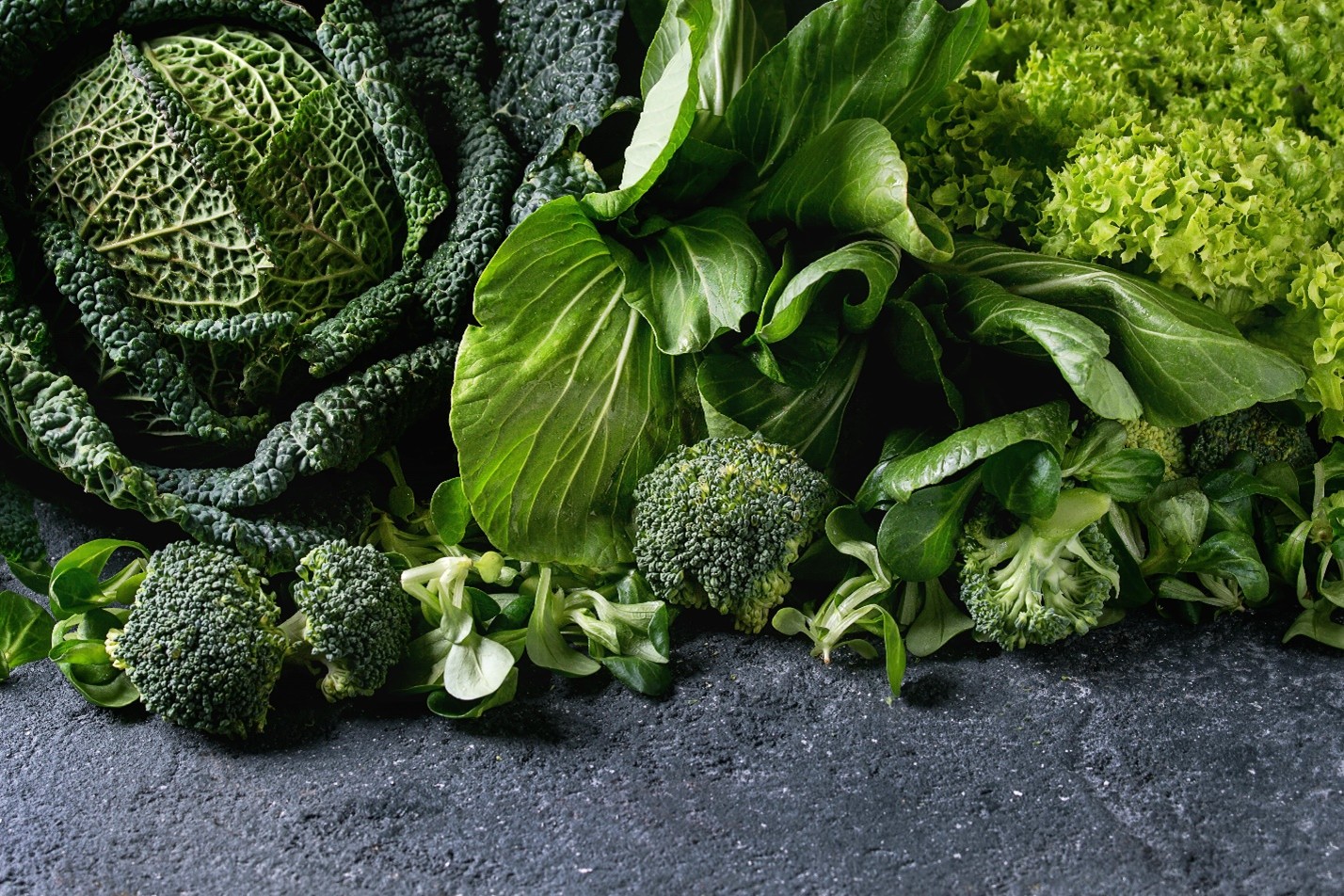The arrival of the New Year often inspires resolutions centered on healthier eating habits. While many people focus on trends or supplements, one of the most sustainable and nutritious approaches is to embrace the bounty of seasonal produce. Winter offers a wealth of fruits and vegetables that are not only delicious but also packed with nutrients to support your health during the colder months. By incorporating these seasonal superstars into your diet, you can enjoy meals that are fresh, flavorful, and aligned with the rhythms of nature. Advocates like Jeffrey Derderian often emphasize the importance of making seasonal eating both enjoyable and practical.
Why Seasonal Produce Matters
Eating seasonal produce is more than just a culinary choice; it’s a commitment to sustainability, health, and quality. Fruits and vegetables that are in season tend to be fresher and more nutrient-dense because they are harvested at their peak. This results in more robust flavors and a higher concentration of vitamins and minerals.
Seasonal produce often travels shorter distances to reach your local market, reducing its carbon footprint and supporting local farmers. By choosing foods that are naturally abundant during winter, you can enjoy a diet that is not only good for your body but also for the environment.
Nutritional Powerhouses of Winter
Winter brings a unique selection of fruits and vegetables that are perfectly suited to the season. These foods are rich in nutrients that can help boost your immune system, improve energy levels, and combat the effects of shorter days and colder weather.
Citrus fruits like oranges, grapefruits, and lemons are bursting with vitamin C, an essential nutrient for immune health. The bright, tangy flavors of citrus can also lift your spirits during the darker months. Root vegetables, such as carrots, parsnips, and sweet potatoes, are excellent sources of complex carbohydrates and antioxidants. These hearty vegetables provide the energy and warmth your body craves in winter.
Leafy greens, including kale, spinach, and Swiss chard, thrive in colder weather and are packed with vitamins A, C, and K. These greens can be used in soups, salads, and smoothies for a nutritional boost. Winter squash varieties like butternut, acorn, and spaghetti squash are versatile, fiber-rich options that add a touch of sweetness and depth to any meal.
Cooking with Winter Produce
Winter produce lends itself to comforting, hearty recipes that keep you warm and nourished during the colder months. Roasting root vegetables enhances their natural sweetness, making them a perfect side dish or addition to salads. Try roasting carrots, parsnips, and sweet potatoes with a drizzle of olive oil and a sprinkle of herbs for a simple yet satisfying dish.
Soups and stews are another excellent way to showcase seasonal produce. A butternut squash soup, for example, is creamy, rich, and full of flavor while providing a healthy dose of vitamins and minerals. Leafy greens like kale and Swiss chard can be added to broths or lentil-based soups for added texture and nutrients.
For breakfast or snacks, consider incorporating citrus fruits into your meals. A grapefruit drizzled with a touch of honey makes for a refreshing start to the day, while oranges can be added to salads or used to make fresh juice. Winter fruits and vegetables not only provide essential nutrients but also add vibrant colors and flavors to your meals.
Supporting Local Farmers
Another benefit of eating seasonally is the opportunity to support local farmers and markets. Purchasing produce grown in your region ensures that you’re getting the freshest options available. Many farmers’ markets operate year-round, offering a variety of winter crops that are often grown using sustainable practices.
By choosing local produce, you’re also reducing the environmental impact associated with long-distance transportation. This small but significant change can help create a more sustainable food system while supporting the livelihoods of local farmers.
A Step Toward Better Health
Incorporating seasonal produce into your diet is a simple yet impactful way to improve your health and well-being. These nutrient-rich fruits and vegetables are designed by nature to provide exactly what our bodies need during the colder months. From boosting immunity to enhancing energy levels, winter produce offers numerous benefits that align with the body’s natural rhythms.
This approach also fosters a positive relationship with food, encouraging mindful eating and a deeper appreciation for the ingredients on your plate. By focusing on what is fresh and in season, you can enjoy meals that are not only nourishing but also satisfying and delicious.
Embracing the Seasonal Mindset
The New Year is the perfect time to embrace a seasonal approach to eating. It encourages creativity in the kitchen, promotes sustainability, and aligns with the body’s natural needs. By incorporating winter fruits and vegetables into your meals, you can create a foundation for healthier habits that last well beyond January.
Rather than viewing seasonal eating as restrictive, think of it as an opportunity to explore the best that nature has to offer. From hearty root vegetables to vibrant citrus fruits, winter produce provides endless possibilities for flavorful and nutritious meals. As you plan your meals this winter, let seasonal ingredients inspire you to eat better, feel better, and live better.
